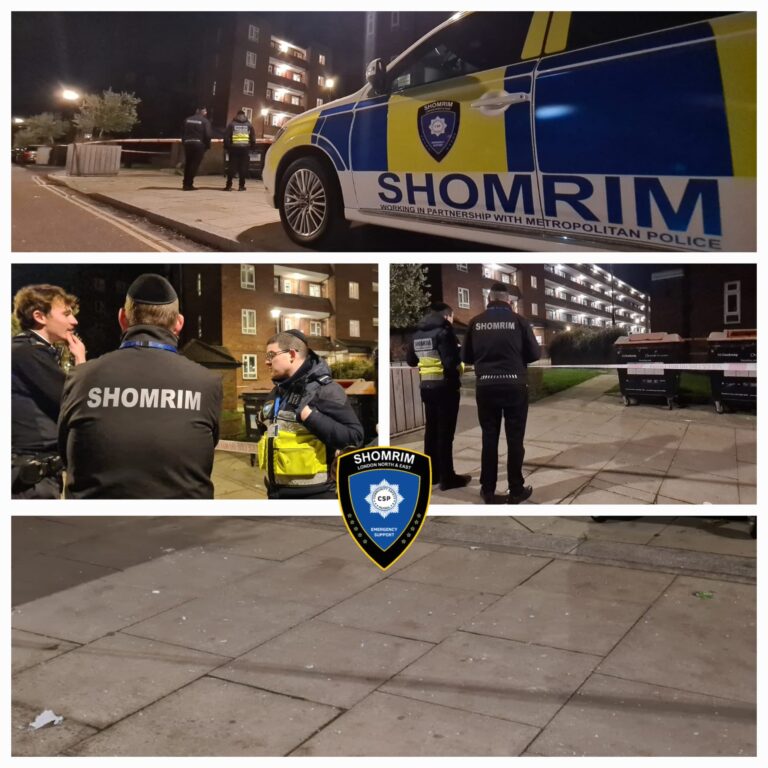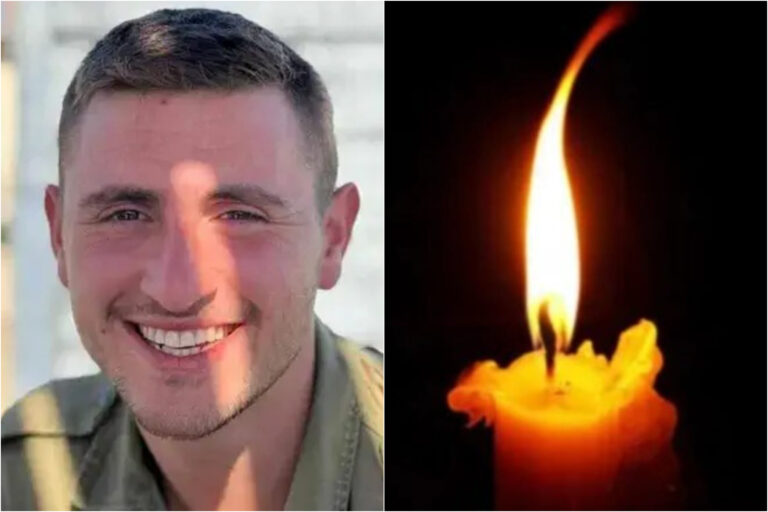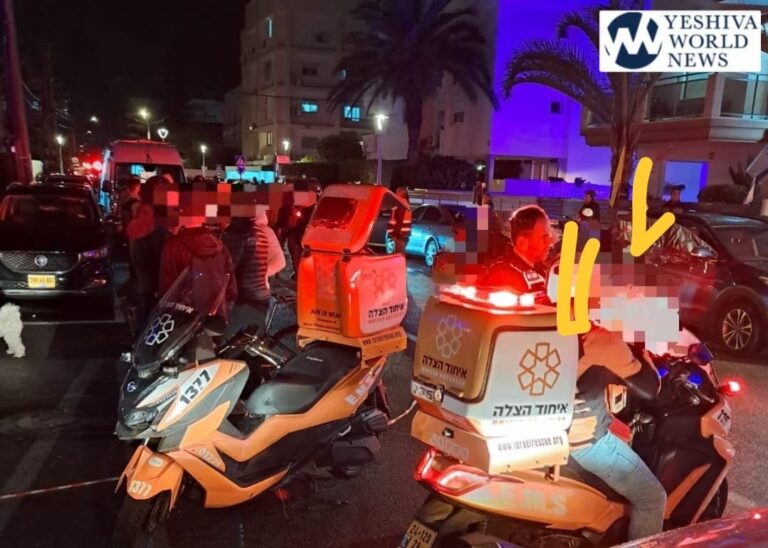The federal government accused a village of religious discrimination Tuesday for denying a zoning variance to a residence used by Orthodox Jews so they can visit a hospital on the Sabbath without breaking their law against driving.
In a lawsuit filed in White Plains, the government said that in denying the variance for a Shabbos House, the Rockland County village of Suffern was violating the Religious Land Use and Institutionalized Persons Act of 2000. It requested an injunction against enforcement of any village laws that would burden the group’s religious practice.
“This lawsuit enforces Congress’ determination that local zoning regulations must give way when they unlawfully burden religious exercise,” U.S. Attorney Michael Garcia said.
A village attorney, Terry Rice, said that while he had not seen the lawsuit, the agency that requested the variance “did not claim it was a religious use.”
“The zoning board applied New York state law and had no choice but to deny” the variance, he said.
The lawsuit says that from 1988 to 2004, Bikur Cholim Inc., an Orthodox Jewish service agency, provided meals and lodging for Orthodox Jews on the Sabbath and other holy days in a Shabbos House on the grounds of Good Samaritan Hospital in Suffern, about 40 miles north of midtown Manhattan. That allowed followers who wanted to visit or transport patients to avoid driving to or from the hospital on the Sabbath.
Believers would drive to the Shabbos House on Friday, before the Sabbath began at sundown, and then could walk to the hospital during the Sabbath and drive home afterward. The closest hotel is 3 1/2 miles away, Bikur Cholim lawyer Paul Savad said.
The Shabbos House also helped residents comply with other Sabbath prohibitions; for example, lights were on timers or left on throughout the Sabbath so the Orthodox would not have to use electric switches. The housing is free, so there is no money to be handled.
In 2004, when Good Samaritan expanded, the Shabbos House moved across the street from the hospital, into a newly built house in an area zoned for single-family homes. The village denied a building permit and a zoning variance that would have allowed use of the house by up to 14 people, the lawsuit says.
Savad, who represents Bikur Cholim in its own lawsuit against Suffern, said that under the Religious Land Use act, when a zoning variance is requested for the practice of religion, the municipality must show a compelling reason not to grant it. He said because the Shabbos House is on the fringe of a residential area and all cars would be parked at the hospital, the village has no good reason not to grant the variance.
“It’s the same as if a couple had 12 people over for dinner and they stayed the night,” he said.
He also said that Good Samaritan, a Catholic hospital, supports the Shabbos House.
Rice said it has not been established that such a “hotel-type” use is a religious use, but Savad said visiting the sick is a strongly held religious practice for Orthodox Jews and prayers and services are conducted on the Sabbath at the residence.
Despite the zoning decision, the Shabbos House is still operating pending court decisions.
The government has invoked the Religious Land Use act in at least two other lawsuits in the region, supporting a Jewish school’s new 44,000-square-foot building in Mamaroneck and a Hasidic boarding school in Airmont.
ND











3 Responses
Paul Savid, the lawyer for Bikur Cholim said that services are conducted on the Sabbath at the residence. Having spent Shabbos at the Shabbos House, I can attest to the fact that prayers are held either up the street at a small synagogue or in a room on the main floor of the hospital itself. It is enough that Shabbos House enables family to be near their loved ones for it to be classifed as having a religious use; namely, to facilitate bikur cholim.
I have also used the Bikur Cholim Shabbos house, and I must attest to the amazing job they do there. I had to go with my 5-year-old son to the hospital by Hatzoloh ambulance this past Shabbos Hagadol when we found a tick on him. There was no way we could walk back afterwards, and it was only around 12:00. We first made Kiddush in the Bikur Cholim room, and then walked across the street to the house. I was amazed at the breadth of what they offer there. We had a full Shabbos Seudah as good as we could have gotten at home, plus access to half a dozen bedrooms with good beds. They could perhaps use a few more toys for a five-year-old, but my son found something to do. And after Shabbos a number of people who were also there got together and helped each other get home and coordinated in various ways. I might never have met these people if not for that Shabbos House. But I never found out where the minyan was held, if any. There wasn’t any in the house, at least not that day, and people suggested a shul or two, but they were too far for me to walk with my son.
Bikur Cholim of Rockland County is a Kiddush Hashem. I’ve seen Rabbi Simon Lauber and his people in action. (This includes Rabbi Gershon Sabol and his staff of Yedei Chesed). Hashem should give them the strength to continue their holy work.